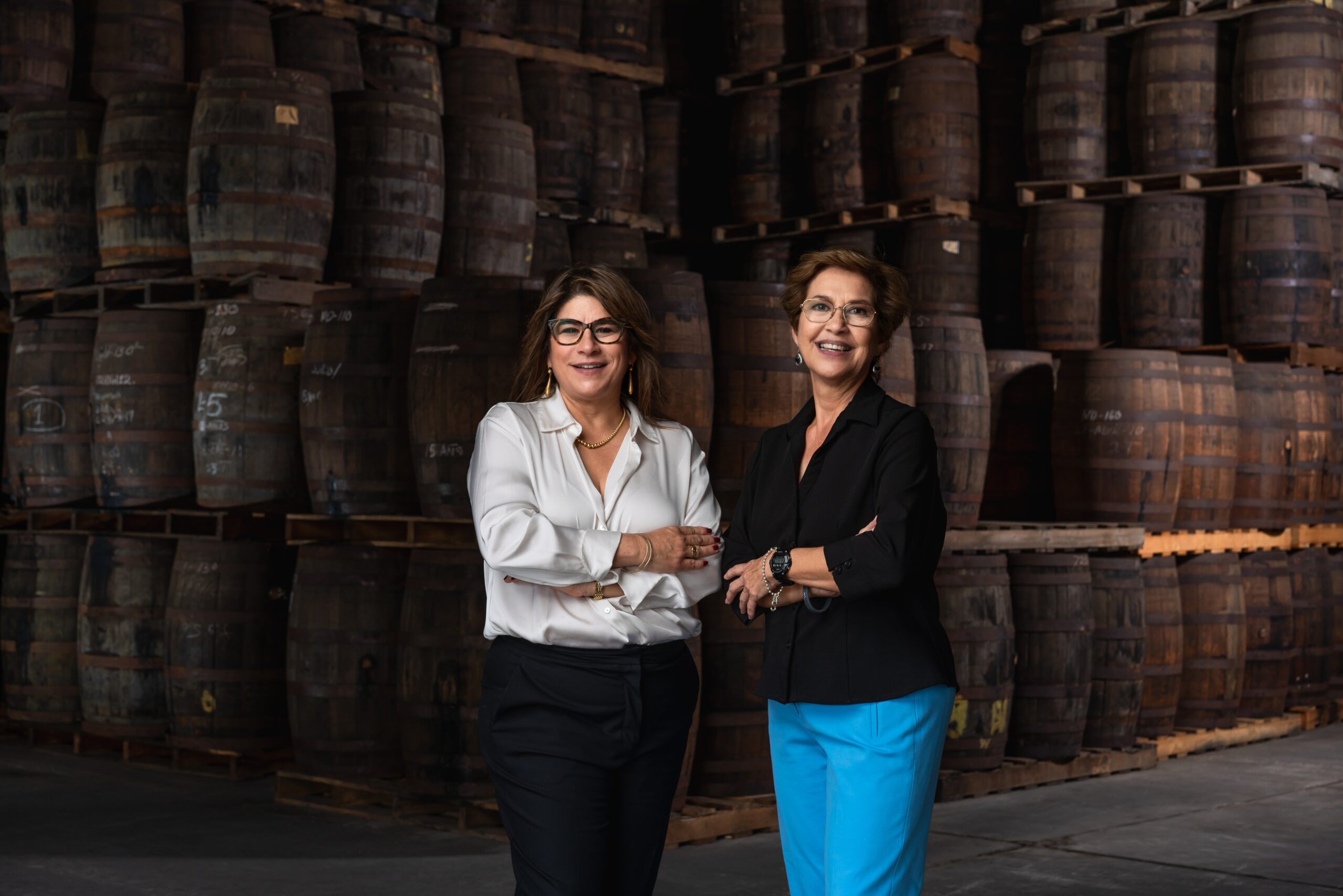
What does it look like for the corporate world to truly advocate for marginalized voices, and elevate diverse leadership? Do DEI (diversity, equity, inclusion) initiatives actually make a difference?
According to a 2021 report from McKinsey on women in the workplace, especially since the impact of COVID, the representation of women across all levels in the corporate world has improved since 2020, which is encouraging for sure, but once you start to zero in on the status of women of color, it looks a little more grim.
“Women of color continue to lose ground at every step in the pipeline—between the entry level and the C-suite, the representation of women of color drops off by more than 75 percent. As a result, women of color account for only 4 percent of C-suite leaders, a number that hasn’t moved significantly in the past three years,” says the report.
It’s clear there is much work to be done. So where does the work make the most impact on an individual level, if DEI initiatives and data around inequality aren’t enough to create substantial change?
For visionary leader, speaker and author Deepa Purushotham, it begins with women of color being empowered to redefine power in the corporate space, rather than trying to adhere to a system that has been traditionally created by and for typically white men in the United States.
Deepa is also the author of the bestselling book ‘The First, The Few, The Only’, where she talks about how women of color can redefine power in Corporate America. Published in March 2022, it is a deeply personal call to action for women of color to find power from within and join together in community, advocating for a new corporate environment where we all belong—and are accepted—on our own terms. And if there is anything who understands this, it is Deepa.
She is a former senior executive, a TED speaker (her video has over 1 million views!) and a corporate inclusion visionary who challenges and redefines the status quo of leadership, success, and power by centering the needs and experiences of Women of Color. Deepa was a Senior Partner at Deloitte, where she spent more than 20 years helping clients grow and focusing on women’s leadership and inclusion strategies. She was the Managing Partner of WIN, Deloitte’s pioneering, globally renowned Women’s Initiative. She was the first Indian-American woman and one of the youngest people to make partner in the firm’s history.
After leaving Deloitte in 2020, Deepa co-founded nFormation, a membership-based community for professional Women of Color, offering brave, safe, new space and helping place and placing them in C-suite positions and on Boards.
Here’s what she shared with us about her vision for women in the workforce and the key advice for companies wanting to make a change for women of color, as outlined in her book.

You’ve spent many years in the corporate world and helped women, especially women of color, in their career trajectories. When did you start to realize this was something you wanted (and needed) to focus on?
I spent over twenty years in corporate America. I often found myself a first, few and an only. I always had a real passion for inclusion and helping other women rise. In the years before I left Deloitte, I had a more formal role as the managing partner for WIN, Deloitte’s pioneering program to recruit, retain and advance women. I realized I wanted to help other women of color only as I was leaving my career.
In an attempt to figure out what I wanted to do next I started gathering WOC in small gatherings. Many of the women would say things like, “I sit in a seat of power and I don’t feel powerful.” I started to see patterns in what we were facing and I thought I can do something about this to change it for the women who come after me.
What are some of the biggest barriers women of color face in the corporate workplace today?
- We have limited role models so it is hard to feel we belong.
- Leadership has not historically looked like us and many WOC feel a pressure to conform to rise. But when we conform and edit ourselves we lose our voice and our power.
- Many WOC are asked to take on significant extra responsibilities outside of the jobs they were hired to do. The “job in the job” for WOC comes at a high price. It is unpaid labor.
- Many WOC face significant microaggressions and racism at work. The trauma of being a first, few and only is real.
- Many WOC are beyond burnt out. They are feeling real trauma and many are going it alone. They are lonely as they rise.
Your book outlines key strategies as to how women of color can redefine power in corporate America. Why is redefining power necessary for real change to happen?
Because we can’t play the game the way the white men who have come before us play it. That kind of power doesn’t work for us and leaves many of us unsatisfied. In order to truly thrive, we need to rise and lead in our own unique ways.
What is the significance behind the title ‘The First, The Few, The Only’.
Many of the women I interviewed were trailblazers. I wanted to talk about the shadow side, the hard side of trailblazing. Many of the women I interviewed were the first in their family to go to college or work outside the home, were one of the few in their departments or one of the only in a leadership role in their company or industry.
In your experience, do diversity and inclusion initiatives help or hinder progress in the workplace? Or is it somewhere in between?
I think they can help if done correctly but right now we have a lot of performative actions taking place. Real inclusion is hard. It can not be done in isolation. It is not a special program that happens outside the core business or something done by one person, like a Chief Inclusion Office. Real inclusion is about culture change and that is hard and takes time.
For people who say promoting and hiring more women of color is just “ticking a box”, how would you push back on this?
I don’t think this is just about hiring more WOC. You can hire us, but if we leave in less than a few years we have all put in a lot of effort for very little progress. And I know a lot of WOC who are leaving.
You also can’t just put us in a seat. We need WOC to be in full voice if we want culture change. If you want our best, you need to make space for us to lead in our unique ways. This isn’t just about skirts in seats, this is about changing what we consider leadership ready and redefining leadership for more people to lead.
You met with hundreds of other women of color across industries and cultural backgrounds to learn about their experiences, for your book. Can you give us a glimpse at some of the anecdotes or stories that stood out to you?
Most of the women I interviewed believed erroneously that, once they were a leader in their organizations, they could be more of themselves. But once they reached the top, they were more invested in the company, and it was even harder to speak up, stand out, and be different.
One woman I interviewed shared, “They promote you, but ultimately, what they want is a skirt-wearing dark- skinned white leader with an accent. We have to let go of the fairy tale of “one day” and realize that no matter what stage we are at in our careers, each action to conform is actually a decision we make, even if it might not feel like it at the moment.”
For a young woman of color who is entering the workforce today and picking up your book for guidance, what do you hope they will learn about most?
That they are powerful. They are innately powerful. The system, the culture around them may tell them they need to give up parts of themselves to fit in a rise. But the system is broken. And, we have the power to remake it so it works for us all.
You can get a copy of ‘The First, The Few, The Only’ and get inspired by Deepa Purushotham’s work by clicking HERE.

















